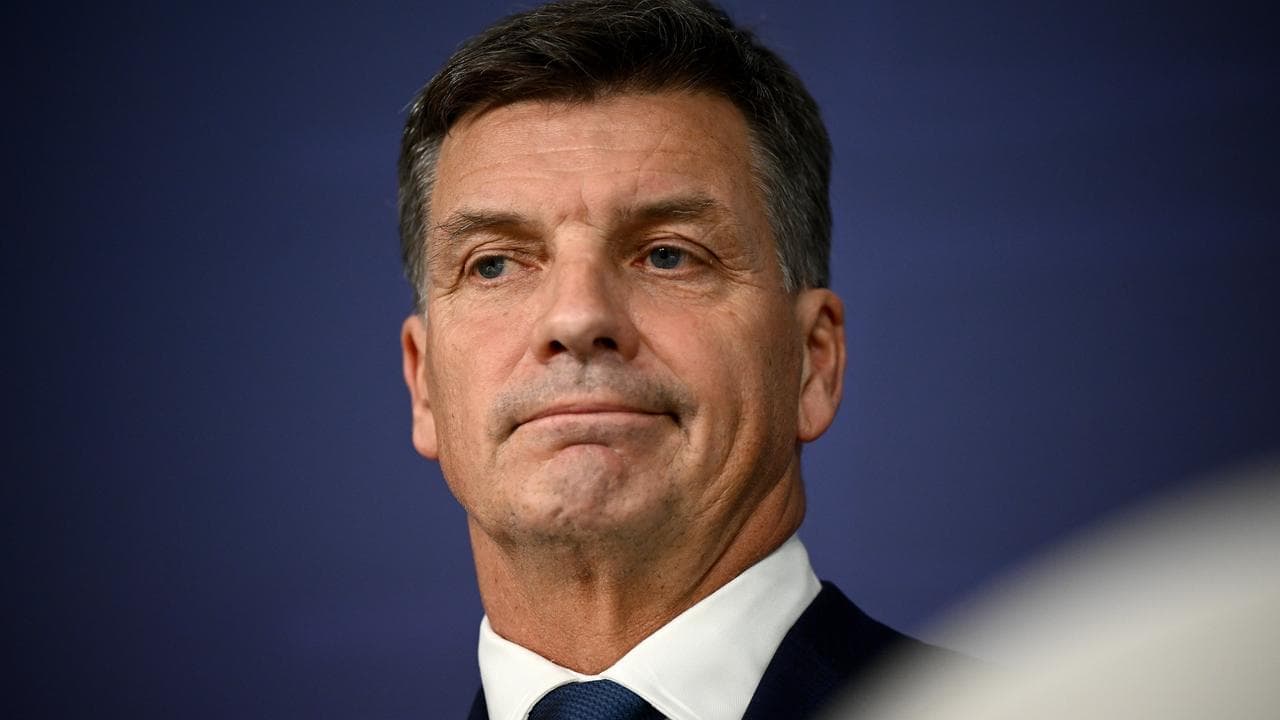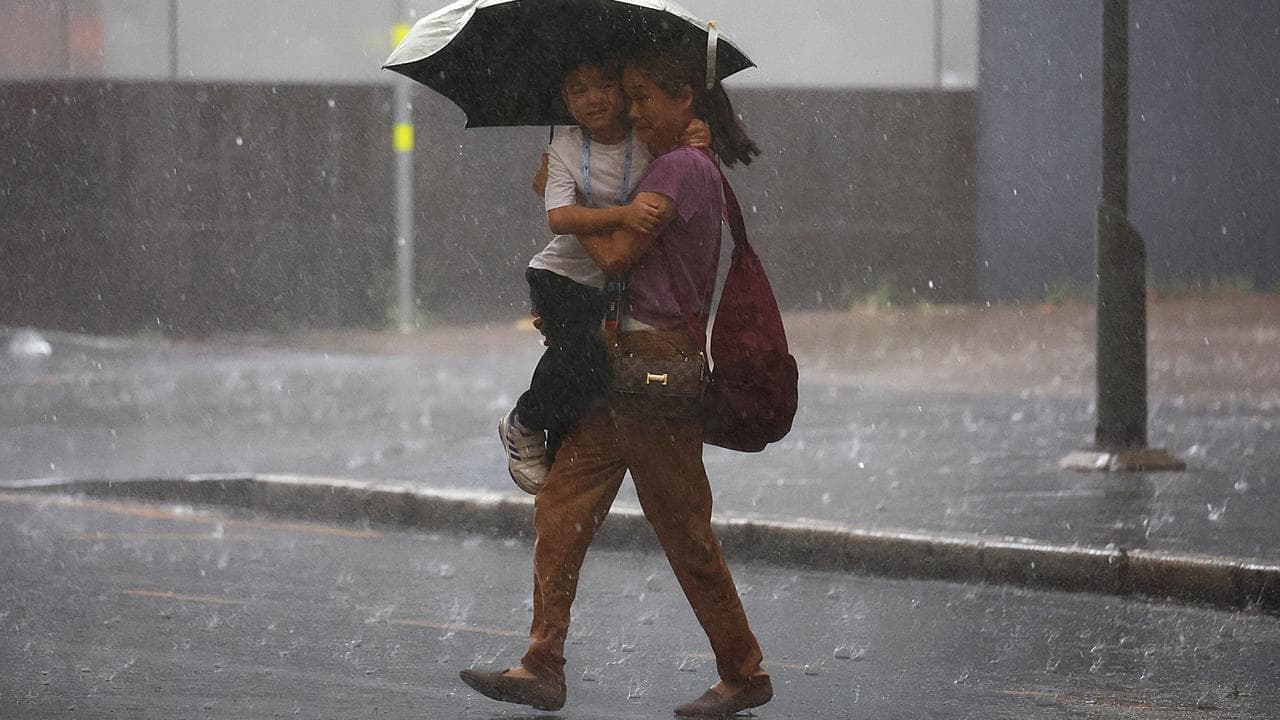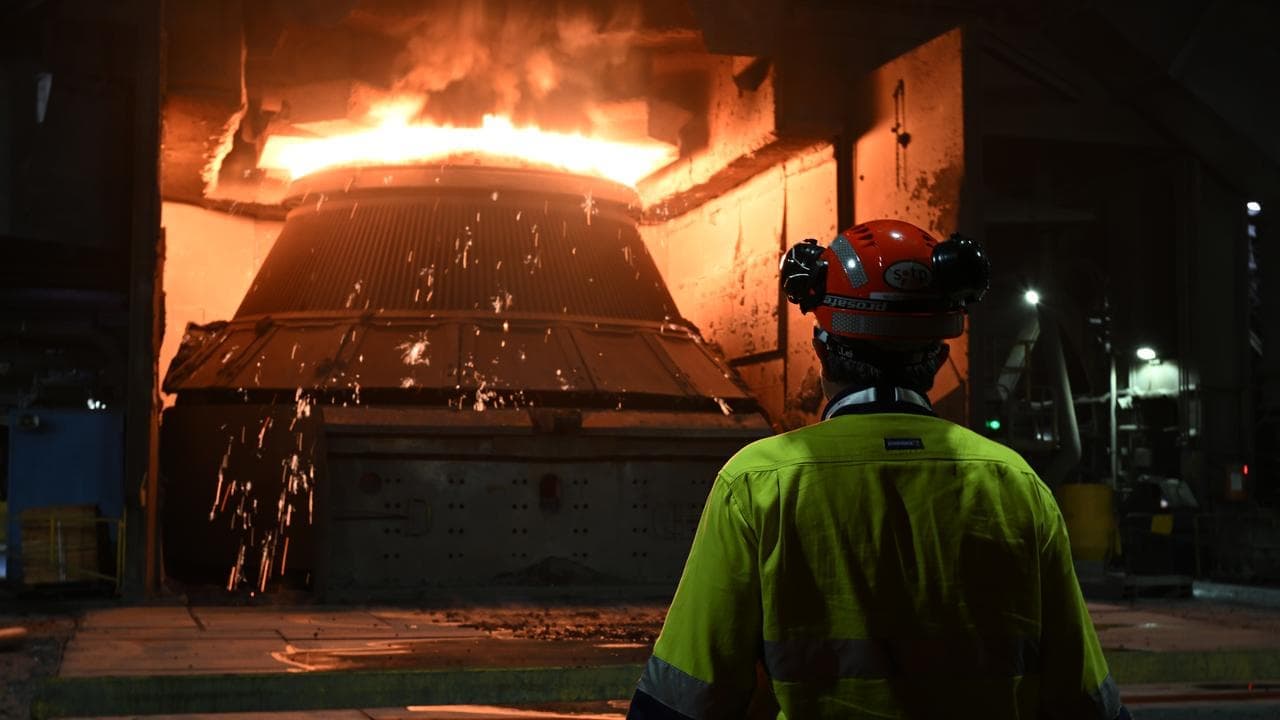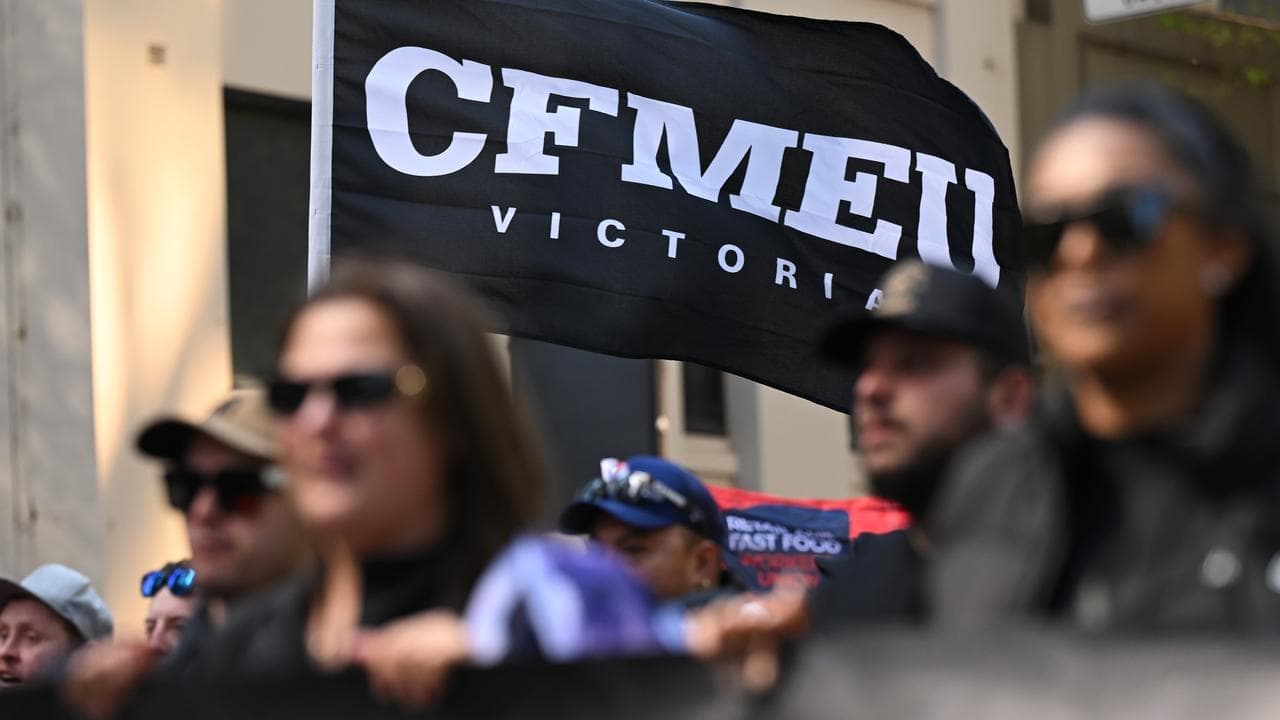WHAT WAS CLAIMED
Labor introduced three increases to the minimum wage as cost of living relief.
OUR VERDICT
Misleading. While Labor recommended the rises, the decision was made by the independent Fair Work Commission.
AAP FACTCHECK - The Albanese government is misleadingly claiming it introduced three increases to the minimum wage as part of its cost of living measures.
While the Labor government recommended the rises, the decision was made by the independent Fair Work Commission (FWC).
The claim is made in a Labor video which is being shared widely on social media.
"These are all cost of living measures introduced by the federal Labor government, because we understand the pressure families are under," a narration played over the video claims.
Nine panels then appear on the screen, including one labelled "3 increases to the minimum wage".

The video has been shared by various ministers, including Treasurer Jim Chalmers, Agriculture Minister Julie Collins and Employment Minister Murray Watt.
When asked for evidence to support the claim, Mr Chalmers' office said the government had submitted three yearly submissions to the commission, "which all directly resulted in an increase to the minimum wage".
However, experts told AAP FactCheck it's misleading to describe the minimum wage increases as a cost of living measure introduced by Labor.
A decision on any increase is made each year by the FWC, which is independent of the federal government.
Mark Wooden, a labour economics expert at the University of Melbourne and member of the FWC panel between 2020 and 2022, said the government can make submissions like any other group or member of the public.
"Beyond that [the government] has no means to influence the Commission," Emeritus Professor Wooden said.
He explained that the commission is governed under the Fair Work Act 2009, which requires the FWC, through an expert panel, to consider several matters when deciding to increase the minimum wage.
This includes the state of the economy, the promotion of social inclusion, relative living standards, the needs of low paid workers and gender equality considerations.

It is true that the Albanese government has made submissions to the annual review since 2022 that explicitly recommend the umpire ensure wages keep pace with inflation.
"The Australian Government recommends that the Fair Work Commission ensures the real wages of Australia's low-paid workers do not go backwards," the Labor government said in its submission to the 2023-24 review.
This contrasts with the previous coalition government, which offered broader advice to the expert panel. "[The government] urges the Panel to take a cautious approach, taking into account the importance of creating jobs for Australians and ensuring the viability of the businesses," the coalition said in its submission in 2020-21.
Andrew Stewart, a professor of work and regulation at Queensland University of Technology, said the commission's expert panel makes its own determinations about the minimum wage, but that it will always attach weight to a federal government submission.
"It is certainly possible that the Albanese government's call for significant wage increases in the relevant years played an important role in the tribunal's decision to award them," Prof Stewart added.
Caleb Goods, an expert in management and organisations at the University of Western Australia, agreed that government submissions can play a role in influencing the umpire.
"The government doesn't make these decisions, although their strong support for a wage increase over the last few years is likely an important factor," Dr Goods told AAP FactCheck.
A FWC spokesperson said its independent panel makes decisions following a process which includes "research, submissions, and consultations".

Details of the expert panel's 2023-24 minimum wage deliberations show members considered the government's submission at length, alongside views from other organisations.
But the expert panel's rationale also shows it was guided by its obligations under the act (for example pages 59-60), particularly the need to consider relative living standards amid high inflation, which exists independently of government recommendations.
The 2023-24 panel considered competing arguments on this issue.
For example, the Australian Chamber of Commerce and Industry argued the minimum wage should rise no more than two per cent, which the expert panel concluded was "inadequate" (p60) to meet its requirement to consider relative living standards. The Australian Council of Trade Unions (ACTU), meanwhile, recommended a five per cent rise to the minimum wage, but the expert panel concluded this was too far above inflation (p60). The umpire settled on 3.75 per cent, broadly matching the rate of headline inflation at the time. "This is an amount which will retain the real value of the enhanced NMW [National Minimum Wage] established in the AWR [Annual Wage Review] 2023 decision," the expert panel said.
"[It will] thus appropriately address the relative living standards and needs of those low paid employees to whom the NMW may apply."
AAP FactCheck is an accredited member of the International Fact-Checking Network. To keep up with our latest fact checks, follow us on Facebook, Twitter and Instagram.












